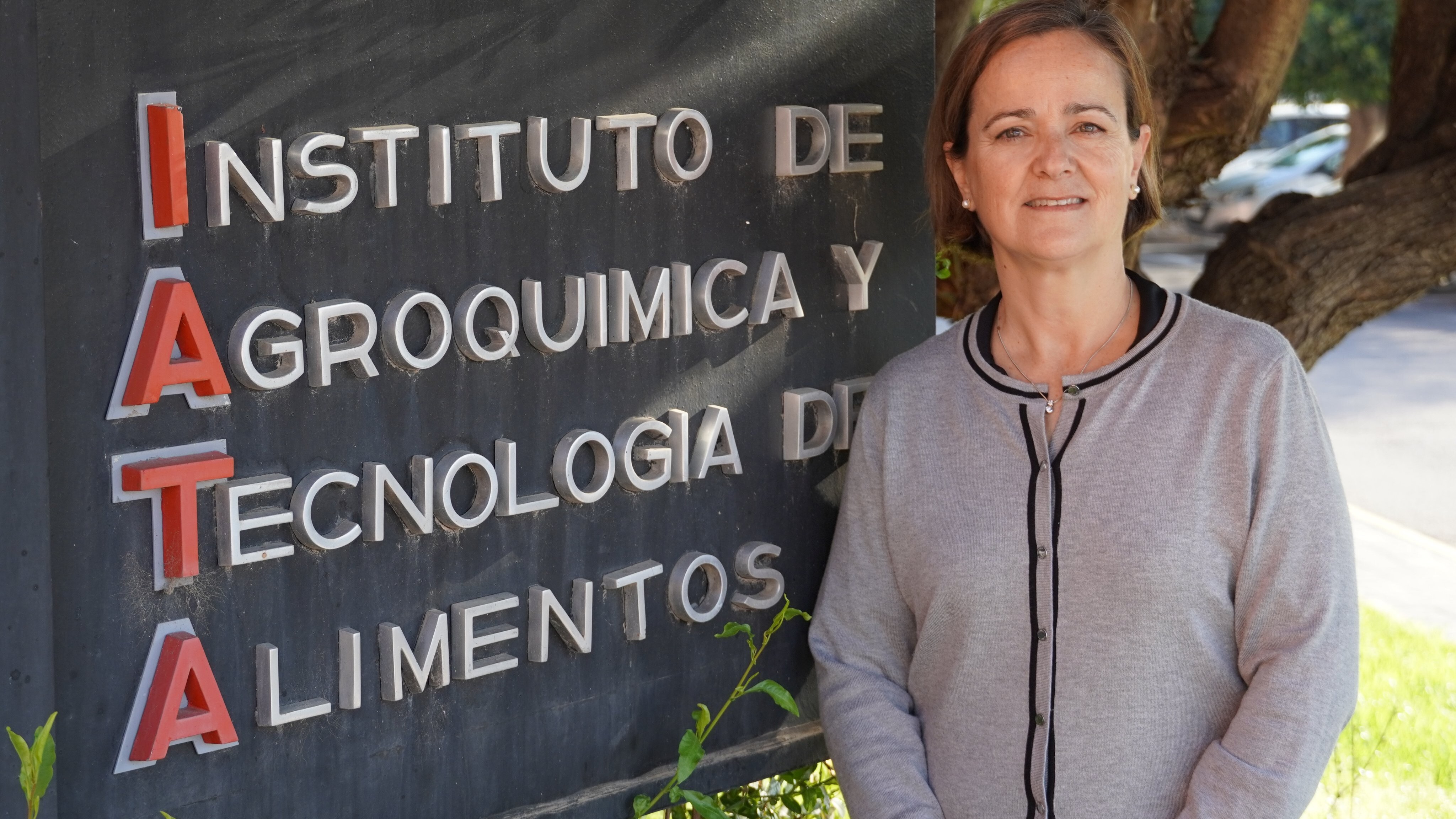The EASAC (Advisory Council of the European Academies of Sciences), which brings together the science academies of the Member States of the European Union, has published a report analysing the role of alternatives to meat in meeting climate-related challenges, health and sustainability of the food system
The paper examines the rapid growth of these options, which range from plant proteins and insects to laboratory-grown meat. It aims to provide policy-makers with an evidence-based roadmap at a time when the EU is seeking to define more sustainable strategies for protein consumption.
In this analysis participated Mónica Flores, researcher of the group of Protein Foods of the Institute of Agrochemistry and Food Technology (IATA-CSIC), located in the academic scientific area of the Science Park of the University of Valencia (PCUV), who has contributed to the sections on technological and production issues. "This is a rigorous study that reviews, from science, the alternatives that exist today and those that are being developed," he explains. For Flores, one of the values of the report is that it has paid special attention to "fairness" on a topic as "complex" as meat consumption.
"The policy framework is still lagging behind scientific and technological advances," says Professor Bert Rima, chairman of the EASAC working group. "Future generations in Europe are likely to consume less meat, which may be necessary and beneficial. This report provides guidance to help consumers make informed choices".
The analysis shows that several alternatives to meat potentially have a smaller environmental footprint than conventional meat, that insects and microbial fermentation provide efficient protein sources with minimal environmental impact when sustainable raw materials are used, and that farmed meat could offer sustainability benefits if the process is powered by renewable energy
The analysis shows that several alternatives to meat potentially have a smaller environmental footprint than conventional meat, that insects and microbial fermentation provide efficient protein sources with minimal environmental impact when using sustainable raw materials, and that farmed meat could offer sustainability benefits if the process is powered by renewable energy.
Alternatives can contribute to a balanced diet, but not all are equal: some processed plant products may contain excess salt and saturated fat. More data is needed on the long-term effects of newer products, such as cultured meat and precision fermentation proteins.
Fermentation and cultured meat show great potential, but face barriers in terms of costs and scalability. The study argues that strategic public funding and clear policies are needed to drive safe and sustainable innovation.
Source: IATA
Recent Posts


